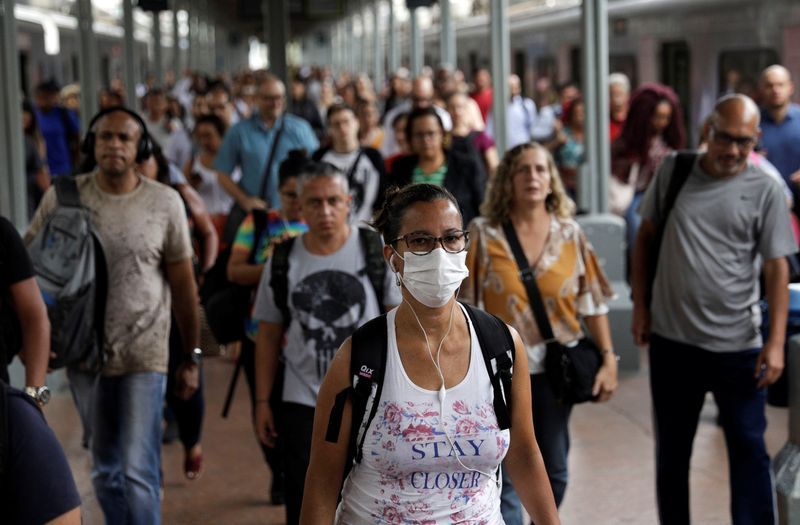

Between January and April there were only 7,911 news cases of Zika reported, according to the Health Ministry on Thursday, compared to 170,000 cases in the same period last year, a drop of 95 per cent.
The number of babies born with microcephaly, a birth defect in which the brain does not develop properly and the baby has a smaller head, had dropped correspondingly, the ministry said.
However the government would “continue to treat the issue as a priority,” the ministry added, including encouraging research and maintaining support to victims.
Zika is transmitted by the bite of the yellow fever mosquito, aedes aegypti, but can also be transmitted through sexual intercourse.
Pictures of children with small heads and despairing mothers shocked the world in 2015 and resulted in some scientists calling for the 2016 Olympics, held in Rio, to be called off.
After the virus spread across the Americas, the World Health Organization declared a global public health emergency in February 2016 and advised women in some areas to avoid getting pregnant.
Brazil launched a mosquito-eradication campaign involving tens of thousands of soldiers, while millions of dollars were pumped into research to find a Zika vaccine.
However, much remains undiscovered about the virus.
Scientists believe this year’s drop in infections may be at least partly due to the fact that those who have already had Zika cannot be reinfected. More than a million Brazilians are thought to have contracted the virus in 2015 and 2016.
The Zika virus was first identified 70 years ago in rhesus macaque monkeys in Uganda and was first found in humans in 1952.
In most cases, infection goes unnoticed, though some people experience fever, muscle and joint pain, headaches and skin rashes.
As well as microcephaly, it has also been linked in men to Guillain-Barre syndrome, a rare condition that affects the nerves.
As well as a drop in Zika, Brazil also recorded a 90-per-cent decrease this year in cases of dengue fever, which is also spread by the aedes aegypti mosquito. However, concern remains about a yellow fever outbreak which has killed 200 people in recent months.
-dpa










